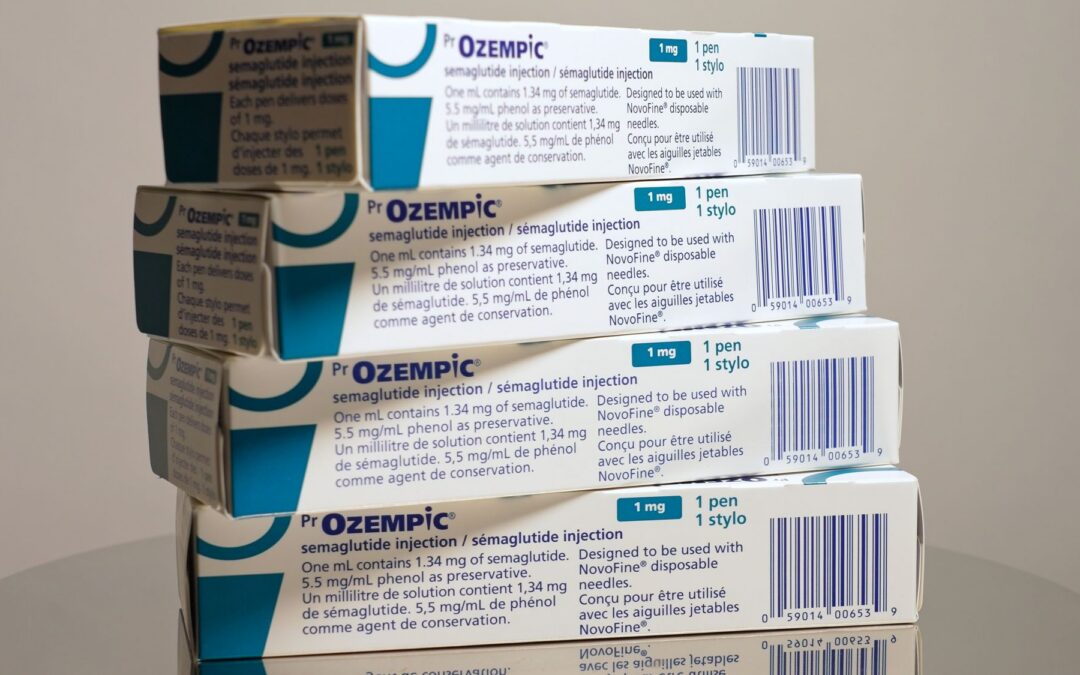The $2 trillion Coronavirus Aid, Relief, and Economic Security (CARES) Act stimulus law to help American workers and businesses weather the outbreak has a number of provisions that employers and their workers need to know about and can take advantage of during this crisis.
The CARES Act includes provision for:
- Extended unemployment benefits.
- Requiring health plans to cover COVID-19-related costs.
- Small Business Administration (SBA) disaster loans.
- Loans for large corporations.
Parts of the CARES Act will likely benefit your organization and employees in some way. Here’s what you need to know:
Extended unemployment
The CARES Act extends unemployment insurance benefits to workers, as long as they lost their jobs due to the outbreak.
Unemployment benefits under the CARES Act also apply to furloughed employees.
Depending on your state, workers will be able to collect both state unemployment and federal unemployment through the CARES Act, which was designed to augment any unemployment benefits workers may receive in your state.
The Pandemic Emergency Compensation program funded by the CARES Act will provide an additional $600 per week on top of state unemployment benefits, through July 31.
The law extends state-level unemployment by an additional 13 weeks. For example, whereas most of California’s unemployment benefits last 26 weeks, the bill extends state benefits to 39 weeks. The extended benefits will last through Dec. 31.
Health plan changes
Under the CARES Act, employer-sponsored group health plans must provide for covered workers – without cost-sharing or out-of-pocket expenses – the cost of COVID-19 testing, treatment and vaccinations when and if they become available.
SBA loans
In response to the Coronavirus (COVID-19) pandemic, small business owners are eligible to apply for an Economic Injury Disaster Loan advance of up to $10,000.
This advance will provide economic relief to businesses that are currently experiencing a temporary loss of revenue. Funds will be made available following a successful application. This loan advance will not have to be repaid.
This program is for any small business with fewer than 500 employees (including sole proprietorships, independent contractors and self-employed persons) as well as private non-profit organization affected by COVID-19.
And the law’s The Paycheck Protection Program offers 1% interest loans to businesses with fewer than 500 workers.
Borrowers who don’t lay off workers in the next eight weeks will have their loans forgiven, along with the interest.
These loans are designed to provide a direct incentive for small businesses to keep their workers on the payroll. If small businesses maintain payroll through this economic crisis, some of the borrowed money via the PPP can be forgiven – the funds will be available through June 30. Act fast.
Mid-sized employers
Under the CARES Act, the Secretary of the Treasury is authorized to implement financial assistance programs which specifically target mid-size employers with between 500 and 10,000 employees.
Loans would not have an annualized interest rate higher than 2% and principal and interest will not be due and payable for at least six months after the loan is made. But unlike loans under the PPP, these are not forgivable.
Large employers
The CARES Act provides $500 billion to the Treasury Department’s Exchange Stabilization Fund for loans and other funding for large companies and corporations affected by the outbreak.
- $454 billion is set aside for loans, loan guarantees.
- Companies that receive funds are prohibited from using them for stock buybacks.
- Loans include terms limiting employee compensation and severance pay.
Like loans for mid-sized employers, they are not forgivable.


